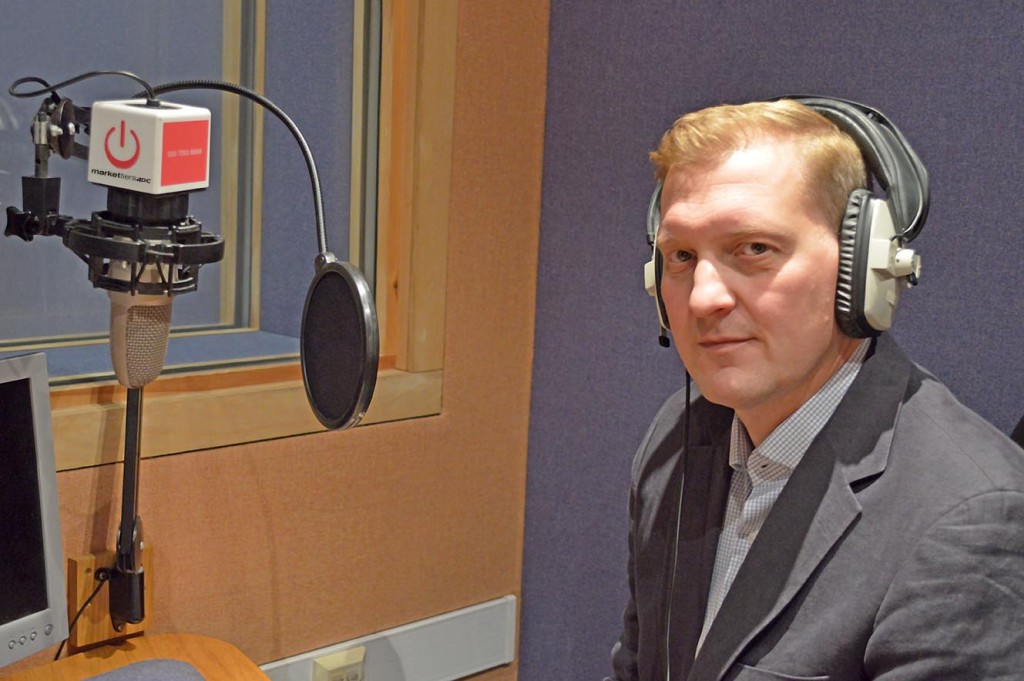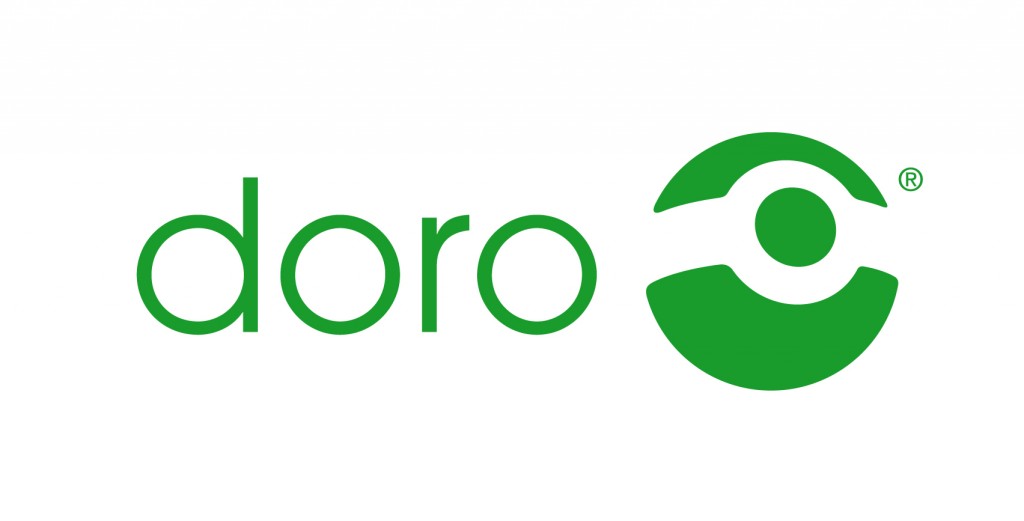That’s according to new research released today which saw almost 60% say they are worried the NHS won’t be able to look after them when they get older, with 41% saying budget cuts have them fearing for the future of the health service.
More than 40% surveyed by Doro also say they worry about Britain’s ageing population will mean for health care in years to come.
More than one in five have even more immediate concerns about whether the NHS will even be able to care for their parents or elderly relatives.
And with one in seven worrying they won’t have the money to care for their parents or elderly relatives when the time comes and one in ten concerned they won’t have the time, the study raises questions over just who will look after our ageing population.
Almost a third also worry about how isolated their parents may become when they get older, while around 40% believe technology is contributing to isolation instead of helping them feel more connected and supported.
However, with more than half of respondents saying their elderly relatives now use at least one form of smart technology such as smart phones, social media, or tablets, could the growing number of apps, monitoring services and websites dedicated to health actually be a huge part of the solution to the growing crisis over care of the elderly?
We interview Chris Millington MD of Doro to find out more.
PATIENTTALK.ORG How has the NHS changed since Nye Bevan in terms of operations, objectives and outcomes?
MILLINGTON Well obviously Nye Bevan were given the task of creating a national health service or a
free to use health service so in the early days it was created from gathering together all of the elements that were out there in the private sector. It’s a very different organization now, in fact that’s the most important thing. It is an organization now, it wasn’t then. So it has an operation and it has a very difficult task of trying to provide the best outcomes possible for the nation as a whole and we spend 6% of our GDP and rising dramatically on the cost of providing some immense health care.PATIENTTALK.ORG Is it not outmoded in the new era of both management style and medical technology?
MILLINGTON I think that it will always lag behind the amazing things that happen within technology and also treatments. You think of all the amazing things that have happened to treat things like cancer and the technology that leaps forwards, the NHS has got to provide the services that links those things together so it is always going to be a challenge. To say it is completely outmoded in this era I think is too challenging to the health service and it provides great support. It just needs to engage further with technology.
PATIENTTALK.ORG What are the main reasons for the failure of the NHS in your view?
MILLINGTON The NHS is always going to creak at the seams because of the demands that are placed upon it and the fact that we all know that we are going to have to pay for this health service, this ever increasing health service. To say it’s failed is probably a bit premature, it potentially could if it doesn’t change, if it doesn’t adapt to the future requirements and one of the things that we are looking at in our research is how people feel about these areas, so we know that people are concerned that potentially there might not be an NHS or that there might not be services when they retire and come to need them. And that’s simply because the aging population is expanding at a massive rate and as it does and it becomes 20%, well it is 20% of our population today but it will head towards 30% within 15 – 20 years and that’s a fairly serious number of users that will rely on the NHS to treat their everyday conditions.
PATIENTTALK.ORG So what should replace the NHS and how should it be funded?
MILLINGTON I would rather focus on how we help the NHS to perform better through the use of technology. I think that the politicians need to look at funding levels and things like that rather than an organisation or a person like myself, the most important thing is how we get more out of the current provision of health care in this country and technology can really change the dynamics of the business model that is there today. If 70% of our GP appointments of people over the age of 65 managing everyday conditions like diabetes, technology can remove the vast majority of those everyday appointments by gathering the information and reporting it automatically to GP’s to be able to act upon any changes rather than just simply turning up and delivering their results and doing yet another blood test and then going away having wasted another hour of their time and potentially an hour the GP’s time, so you can really target resources much better by making technology work to identify real issues and therefore free up the time and resource to help the GP’s to do a different job.
PATIENTTALK.ORG Is the strangle hold of GP’s over the NHS the main problem?
MILLINGTON So again I think my previous point is that you can free up the time of the GP’s. I think that if you ask the GP they’d feel like they were being strangled by the immense pressure they are put under to cope with the number of patients that they are seeing every single day. Again technology can play an immense role in freeing up their time to enable them to make better diagnosis and help people that are in need of that help rather than simply just take results and pass them on in a recording process, an administration process.
PATIENTTALK.ORG How exactly can telemedicine improve health care?
MILLINGTON We can talk about telemedicine or mobile health but effectively what you’re doing is using everyday technology so you can use a mobile phone or a tablet to gather information, to report statistics, to healthcare systems, so a computer can quite easily handle a lot of the data and provide the GP the information to better than act upon the changes and ultimately what you’re looking for are changes in people’s health and wellbeing and therefore you can intervene on whether they need to be admitted to a hospital or whether they need some care or some medication. If you wait until that point where there at a GP, it’s already too late, they’re already in need of that medication or healthcare so if you can reduce the number of visits by taking the readings and measurements through technology that makes a massive difference.
PATIENTTALK.ORG – With the end of the current NHS, how will healthcare improve in the UK?
MILLINGTON I don’t think the NHS is going to end, I think the NHS will adapt and evolve and as a nation we’re going to demand that it does that anyway. Technology needs to make a more relevant role within making sure the NHS is targeted at what we need as a nation and I think it will, it needs the energy and effort of politicians and the health care service themselves to want to do this, to recognise that there are more and more people over the age of 65 that need treatment and we have to find a way to resource those treatments and technology is the only way for us to save money and provide those resources and treatments in the future.
PATIENTTALK.ORG Where can people go for more information?
MILLINGTON If you want to know more about our products and services that we offer visit then you can visit dora.com or of course find us on the usual social media sites.

